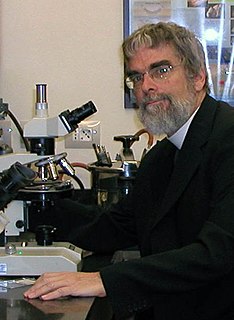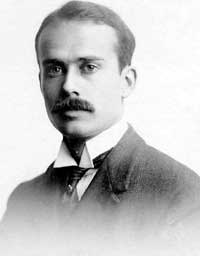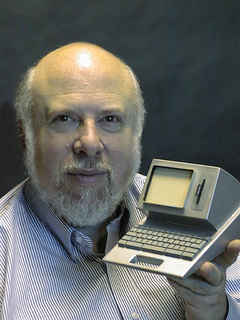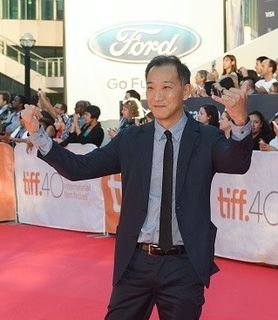A Quote by Isaac Asimov
The human mind works at low efficiency. Twenty percent is the figure usually given. When, momentarily, there is a flash of greater power, it is termed a hunch, or insight, or intuition.
Related Quotes
I am confident that we can do better than GUIs because the basic problem with them (and with the Linux and Unix interfaces) is that they ask a human being to do things that we know experimentally humans cannot do well. The question I asked myself is, given everything we know about how the human mind works, could we design a computer and computer software so that we can work with the least confusion and greatest efficiency?
Sometimes you have a flash of insight, but it's not strong enough to survive. Therefore in the practice of Buddhism, samadhi is the power to maintain insight alive in every moment, so that every speech, every word, every act will bear the nature of that insight. It is a question of cleaning. And you clean better if you are surrounded by those who are practicing exactly the same.
Economists often talk about the 80/20 Principle, which is the idea that in any situation roughly 80 percent of the “work” will be done by 20 percent of the participants. In most societies, 20 percent of criminals commit 80 percent of crimes. Twenty percent of motorists cause 80 percent of all accidents. Twenty percent of beer drinkers drink 80 percent of all beer. When it comes to epidemics, though, this disproportionality becomes even more extreme: a tiny percentage of people do the majority of the work.
The life-efficiency and adaptability of the computer must be questioned. Its judicious use depends upon the availability of its human employers quite literally to keep their own heads, not merely to scrutinize the programming but to reserve for themselves the right of ultimate decision. No automatic system can be intelligently run byautomatonsor by people who dare not assert human intuition, human autonomy, human purpose.
When I think about my own work, there usually is one or the other light bulb moment where there is this flash of insight. Where do these ideas come from? Supernatural? Enigmatic? Divine? You can take that any way you like. I think the human mind does a lot of things that we could call somehow divine.
People who read me seem to be divided into four groups: twenty-five percent like me for the right reasons; twenty-five percent like me for the wrong reasons; twenty-five percent hate me for the wrong reasons; twenty-five percent hate me for the right reasons. It's that last twenty-five percent that worries me.
About forty percent of the people vote Democrat. About forty percent vote Republican. Of those eighty percent, most wouldn't change their votes if Adolf Hitler was running against Abe Lincoln - or against FDR. . . . That leaves twenty percent of the people who swing back one way or another . . . the true independents. . . . That twenty percent controls the destiny of the country.





































